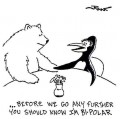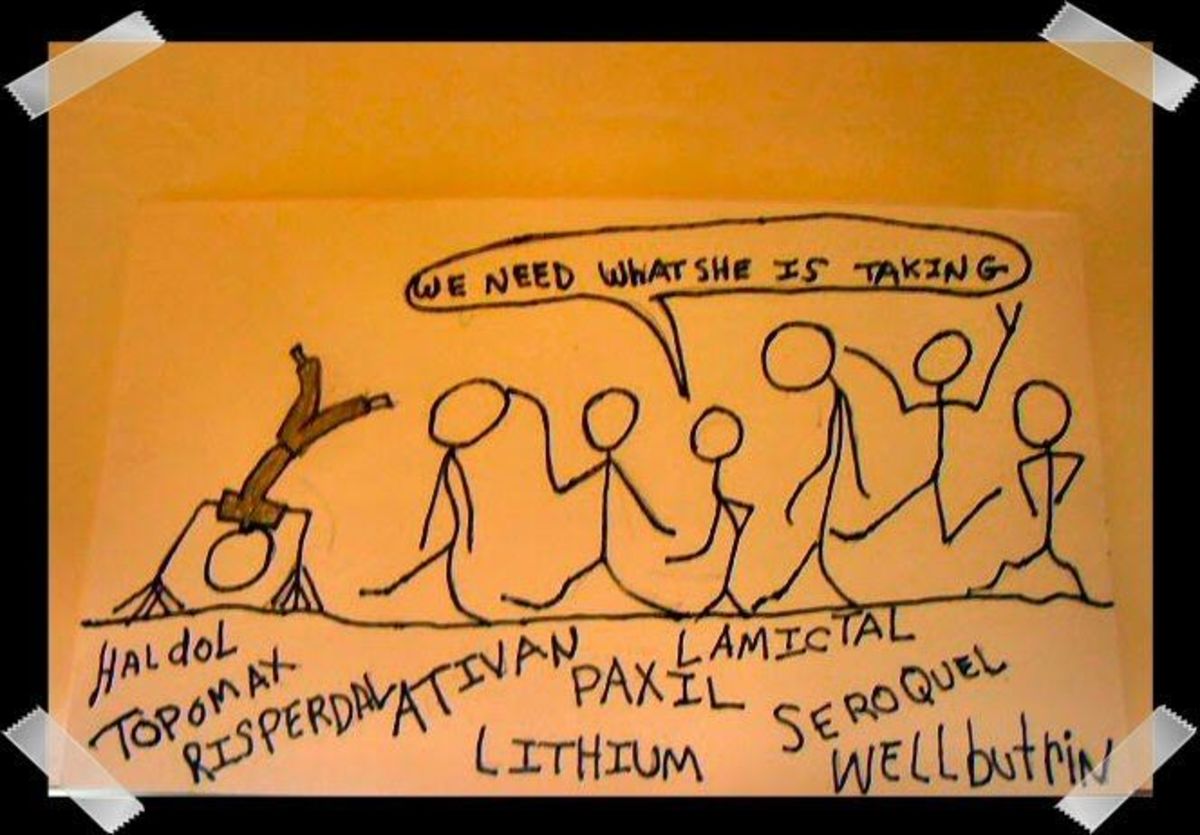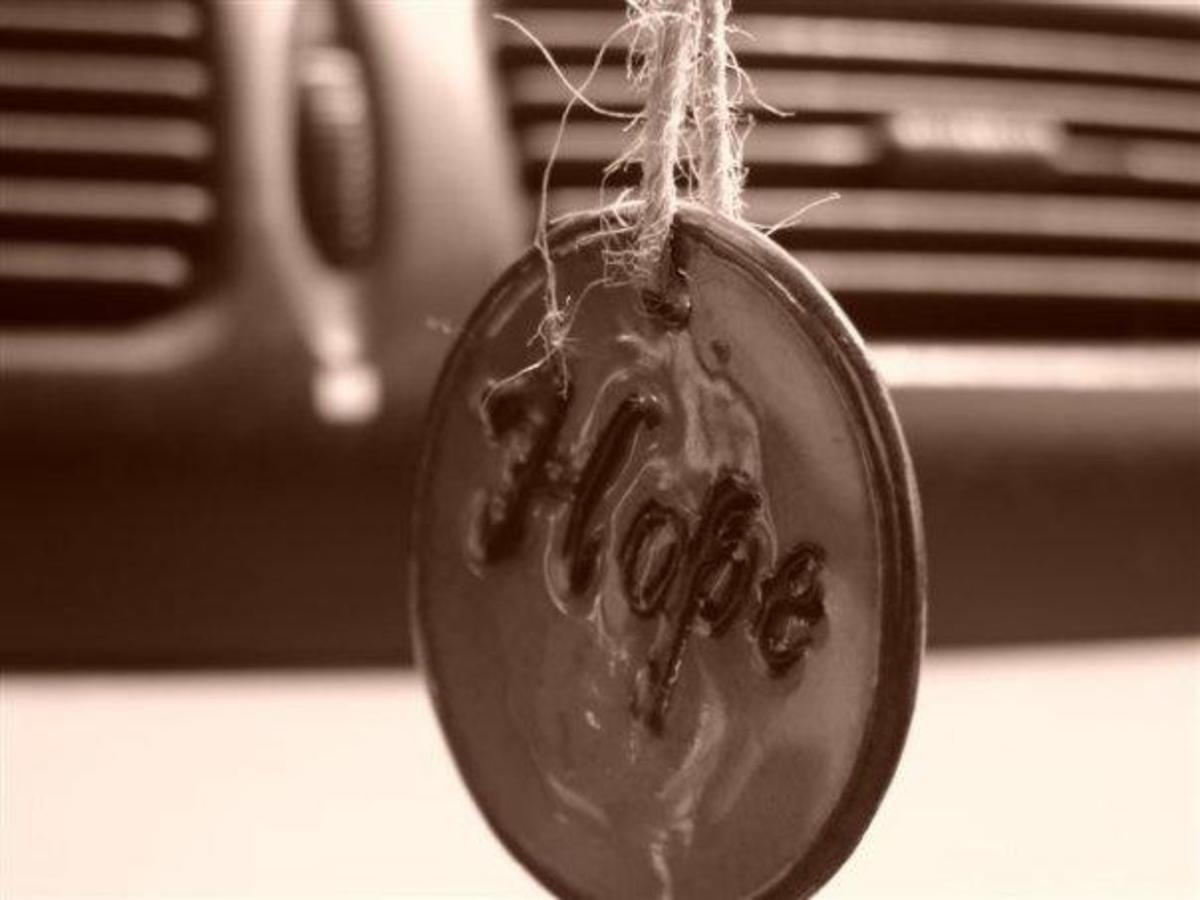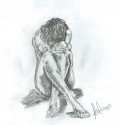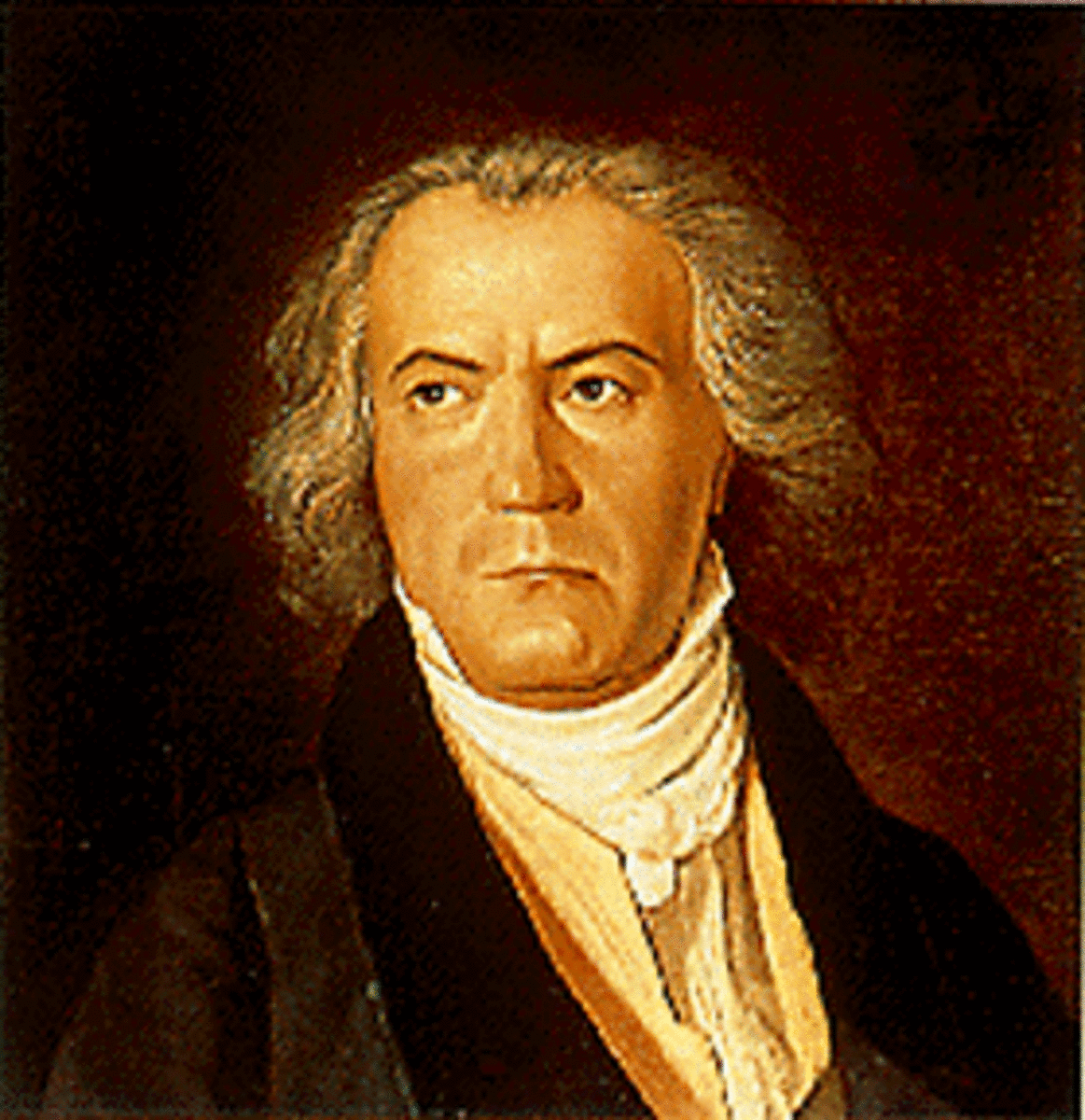Mental Health: Pediatric Bipolar Disorder???
What do we know?
What is Pediatric Bipolar Disorder?
Pediatric Bipolar is simply the bipolar disorder that is diagnosed in a child. There is a lot of academic debate and disagreement as to whether this disorder is valid or exists or not, but with the amount of evidence and studies done,, it looks as if the existence of bipolar in children is not unheard of.
The symptoms of Bipolar in children differs from that in an adult. Children will experience very abrupt mood swings, high levels of frustration, excessive defiant behavior, rapid and severe crying cycles, be really hyperactive than its followed with extreme lethargic behavior, over the top temper tantrums and would have chronic (not episodic like adults) irritability.
The Diagnostic and Statistical Manual (DSM-4) does not have criteria for diagnosing pediatric versions of bipolar disorder. Hopefully this will soon be rectified as the DSM-5 will be the new edition soon, and rumored to have reconstructed the Autism criteria. So, diagnostic measures were created by researchers and professionals and they used the adult criteria as their baseline to determine the best criteria possible.
Pediatric Bipolar Disorder
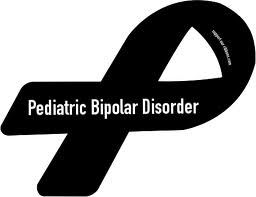
Bipolar Increased Diagnosis in Children
Children with Bipolar Disorder manifest the disorder in a severe form from the adult that sufferers from the illness. Recently, the National Institute of Mental Health disclosed that there has been a 40-fold increase in childhood cases of the illness. The concern has been that children that have been diagnosed and medicated are taking anti-psychotic and anti-convulsants drugs that work very well in children that indeed have the disorder. Problem is a high percentage of cases may have a different disorder that have different treatment methods. The mediation they are taking would be unnecessary. There wasn't any reported reason that was known, to be the cause of such a drastic rate of diagnosis. We saw this and are still seeing drastic increases in the area of neuro-developmental disorders such as Autism Spectrum Disorders.
It's important to realize that not only are these children being diagnosed with a disorder that thirty years ago was most likely unheard of in a child, but they are being diagnosed with a co-existing condition such as Attention Deficit Hyperactivity Disorder (ADHD). ADHD has levels of anxiety and irritability (especially when medicated on stimulants), but is this actually symptomatic of mania in bipolar? Or is the mania in a child diagnosed with bipolar really only the symptom of an undiagnosed ADD?
Already controversial is the fact bipolar has ever been diagnosed in children as the average rate of onset is mid to late teens into their late twenties.
The NIMH has been actively working on what assessment tools should be used in diagnosing bipolar, tightening up the technical criteria for the disorder in the first place, encouraging researchers to do the same when assessing and defining bipolar in adolescence or childhood. There have been some cross-cutting studies that have looked at the area of irritability that might help in clarification of any boundaries between disorders like Bipolar and ADD.
What I found very influential in the advances for diagnosing more accurately and also making the psychological field more scientific based to the public; is that there are now functional brain imaging studies that show circuitry differences. There are other studies showing new techniques that also measure brain circuits; such as, magnetoencephalography (MEG).
Clinical neuroscience may be able to aide in the problem of disentangling the disorders so they no longer overlap each other.
This issue is very important to address and has been one for many years. I was talking to a child clinical psychologist in Fon Du Lac, Wisconsin last month about this very thing. There was a women I knew that had two female family members that were diagnosed with Bipolar as adults. One had simplex 1 and the other had simplex 2. She had been noticing for years that she had some symptoms that manifested in a pattern and that they interfered a little in her functioning. She knew she had been diagnosed in the early 80s with ADHD and her parents didn't believe in this disorder so she was never treated. When she sought out a psychiatrist and gave him her symptoms he immediately put her on Bipolar medication. Problem with her was that he never gave her questionnaires or testing and never watched her over a course of time to verify he was identifying a valid disorder.
When she had been on the medication she ended up in the ER with some bizarre symptoms and the doctor told her to get off the medication immediately and that she was probably misdiagnosed. She sought a second opinion and the psychiatrist quickly tossed out her diagnosis and choose to observe her for three months and after was diagnosed with ADD. According to him, bipolar and ADD manifest the same symptoms and behaviors and it was more common to be Bipolar and actually be diagnosed ADD. Not the other way around.
The psychiatrist made it clear that no one can have both disorders. Even if it was possible, the medication used to treat ADD couldn't be used on someone that has Bipolar as stimulant medication will force a mania episode and the episode would be a lot more intense and probably dangerous than the normal cycles of mania. I was surprised that he said this to her and did a little digging and from what I could see at the time he was pretty accurate in this situation. Now things change but I always wondered about it and at one time I saw someone with Bipolar take a 30mg Adderall XR and they were off the wall and up for four days. I won't go into what they did but lets just say Drew Barrymore could have played her character in a movie.
DIAGNOSTIC CRITERIA FOR PEDIATRIC BIPOLAR
Symptom's of Bipolar: 4 or more
| Frequency
| Severity
|
|---|---|---|
Irriatability that Affects Daily Mood
| Chronic and Extreme
| |
Extreme Sadness
| Extreme
| |
Lacks Interest in Play
| ||
Rapid Cycling Moods
| A few hours to a few days
| |
Explosive, Lengthy, Destructive Rages
| Extreme
| |
Seperation Anxiety
| ||
Defies Authority
| ||
Hyperactivity and Agitation
| ||
Sleep Disturbances
| Sleeps too much or too little
| Night Terrors
|
Wets the Bed
| ||
Cravings for carbohydrates and Sugar
| Frequent
| Strong
|
Involvement in Several Projects or Activities at the Same Time
| Multiple Activities
| Frequent
|
Judgement, Impulsive, Racing Thoughts
| Impaired
| |
"Dare Devil" Behaviors
| ||
Believes that they can do Things That Defy Logic
| (Think they can fly) Severe
|
Child must present four or more manifestations of these symptoms with marked impairment in functioning in more than one setting
Normal vs Abnormal Behaviors
Many of the symptoms on the list are behaviors that are normal during child development, for example, bed-wetting can be common at night time when child is learning to potty train. Separation Anxiety is normal during development as well. The key thing to remember is they must have at least four of these listed as well as taking into account family history of mental illness and the severity and frequency of the behaviors. Also, some of these are indicitive of another disorder like Autistic kids have violent and prolonged tantrums and ADHD kids have irritability and hyperactivity ( that lasts for at least two weeks ).
Remember that the diagnosis' validity is being challenged and until its been validated by the scientific and psychological communities, the criteria won't be in the DSM-4. That means that insurance companies may deny coverage for things like treatments, services, and medication. On top of that if you change doctors or relocate for any reason, many professionals still don't recognize it as a mental illness and thus would misdiagnose your child and either he wouldn't get any help or he would be re-diagnosed with something else that may not be accurate and the treatment not affective.
Childhood Bipolar is several intertwining symptoms and behaviors that are marked by rapid mood swings and irritability. On top of that they must have a marked impairment in functioning in normal life in more than one setting. ADD kids have mainly problems in school for instance, just one setting.
Neurotransmitters in Human Brain
Neurotransmiter
| What area it Affects
|
|---|---|
Serotonin
| Mood (happy, sad, euthymic)
|
Dopamine
| Pleasure
|
Norepinephrine
| Alertness and Energy Levels
|
Acetylcholine
| Memory and Cognition (thinking)
|
Gamma-aminobutyric acid (GABA)
| Neurons in the Central Nervous System and Inhibition
|
Six Neurotransmitters that help regulate the functioning in different regions of a human brain
What Causes Bipolar?
CHEMICAL IMBALANCES/NEUROTRANSMITTERS
Bipolar Disorder is caused by neurochemical imbalances in a person's brain. The hypothesis (that is close to being brought to light as being validated through research studies that are currently being conducted) is that the part of the brain affected is emotional processing and that the brain isn't functioning the way it should be in a normal individual. This would be true in children and also in adults.
Neurotransmitters in your brain are in several different regions in a human brain. It is supposed to help regulate the brain's activity. There are six different neurotransmitters that have been identified and their affiliation to things like mood and emotion. ( Described in table above this capsule).
An imbalance of three neurotransmitters is most common (dopamine, serotonin and nor epinephrine) are the ones that affect things like mood and a person's cognition. Medication usage is said to regulate the neurotransmitters and the sensitivity receptors as well that are located in the brain.
ROLE OF GENETICS
Genetics play a significant role in the development of Bipolar Disorder. Those that have family members that are considered "first degree" (mother, siblings, father) its more predictive they would manifest symptoms in childhood. When you are diagnosed as a child, its likely they will be less responsive to medications than older teenagers and adults, like Lithium.
If a child has a biological parent with Bipolar Disorder 1/2, 15% of the children of these parents had a childhood form of bipolar while 28% had ADHD.
The risk of having a child with bipolar if one parent has the disorder is at 30-35%.The risk of having a child with bipolar if both parents have the disorder is as high as 75%.
The younger you are the more likely you will manifest psychotic symptoms than an adult.
When studying bipolar in teenagers, there was a trend for the teens to misuse and even abuse psychoactive drugs. It is also more likely you will see parent and child relationship difficulties when a teenager is diagnosed with bipolar over the children that aren't.
As I stated earlier, but found evidence of my claim when researching, its a huge concern that when a child is presenting with extreme mania, that first they are misdiagnosed with ADHD. Also, there seem to be neurodevelopmental delays in the teenagers that had early onset bipolar.
ENVIRONMENTAL FACTORS
Here comes the nurture side of the nature vs nurture debate. Environmental factors play a role in everything from development of speech and language to developing a mental illness. These factors can include behavioral, family related, educational, toxicity, and even substance abuse.
When a study is being conducted, they go in trying to find a cause and affect. Sometimes you are unable to construct and perform a scientific study due to ethical reasons. You can't give them a bunch of heavy metals to increase toxicity in their blood to see if they develop bipolar. I would hope no one would want to do that. So, when you are unable to manipulate a variable to prove cause and affect you can still find out if there is a causal correlation between the two and that is what they did with smoking tobacco, there is a correlation between bipolar and smoking.
Risk Factors For Early Onset Bipolar
There are already risk factors associated with Bipolar Disorder when in adults, however when manifested in growing children who experience all sorts of hormonal, emotional, and brain changes wouldn't the risk factors associated with the illness be more severe? I detail below what risk factors are associated with pediatric and early onset bipolar. I have seen first hand what bipolar does to an individual and I have watched someone struggle with it as well as it affecting family and friends. I couldn't imagine watching it with someone not able to even care for oneself and that the won't know what normal ever truly is.
- Suicide - Adolescents are at higher risks when diagnosed with Bipolar than in comparison to the average adolescent boy or girl. They are also at a higher risk of suicide in comparison to the adolescents that have another behavioral disorder. Suicide risk increases even more if their are family problems or substance abuse issues.
- Boys are at a higher risk of committing suicide than teenage girls.
- From the ones that did attempt suicide, girls being the smaller percentage than boys, girls that did try to kill themselves were more likely to be unsuccessful and have tried more often than there male counterparts.
- The reason that the males rates may be higher than the females is that the boys are suicide "complete rs" and the girls are often not successful in completing it but both should be treated equally as serious.
- Legal Problems - 24 percent of teenagers that had been diagnosed with this illness AND attempted suicide were previously in some legal problem or charge that occurred within a year of the suicide attempt.
- Incarceraton- its highly prevalent in a youth facility of mental illness among inmates.
Scholarly Resources
- DEFINE_ME
To review the literature of the past decade covering the epidemiology, clinical characteristics, assessment, longitudinal course, biological and psychosocial correlates, and treatment and prevention of pediatric bipolar disorder (BD). - Google Books
Bipolar disorders were once considered rare in children and adolescents. A growing body of scientific evidence now suggests that they may be more prevalent in this group than previously believed. At the same time, the practitioner faces significant c
This content is accurate and true to the best of the author’s knowledge and is not meant to substitute for formal and individualized advice from a qualified professional.
© 2012 Abby Rourk

